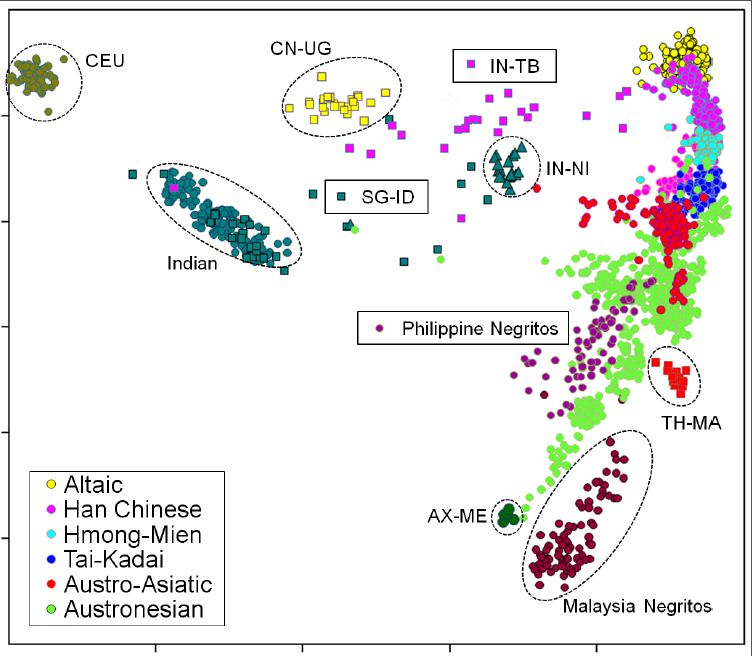New Genetic Test Offers Promise in Predicting Childhood Obesity Risk

In a groundbreaking study published on July 21, 2025, in the journal *Nature Medicine*, a team of over 600 researchers has unveiled a novel genetic test that may predict a child's risk of developing obesity in adulthood. This groundbreaking research, which utilized a comprehensive genetic dataset comprising information from more than five million individuals, aims to pave the way for early interventions that could mitigate the growing obesity epidemic.
The study highlights the identification of specific genetic variants that influence how individuals store fat and their propensity for overeating. Dr. Emily Thompson, a geneticist at Stanford University and co-author of the study, stated, "Understanding the genetic factors that contribute to obesity is crucial for developing targeted prevention strategies. Early identification of at-risk individuals could lead to personalized interventions that significantly impact their health outcomes."
The implications of this research are significant, especially as obesity rates continue to rise globally. According to the World Health Organization (WHO), approximately 650 million adults worldwide are classified as obese, a condition that is often rooted in childhood. The ability to predict obesity risk from a young age could allow healthcare providers to implement lifestyle changes, nutritional guidance, and other preventive measures before the onset of obesity-related complications.
Furthermore, researchers have indicated that this genetic test can also forecast an individual's response to various weight loss medications. Dr. Sarah Johnson, a public health expert at the University of California, Berkeley, emphasized, "This advancement not only has the potential to change the way we approach obesity treatment but also highlights the importance of genetic predisposition in health management."
The study emerges in a broader context of ongoing research into obesity and its associated health risks. For instance, a recent report from the Centers for Disease Control and Prevention (CDC) noted that obesity is linked to numerous chronic diseases, including diabetes, heart disease, and certain types of cancer. The CDC's 2023 statistics indicate that obesity-related conditions cost the U.S. healthcare system approximately $147 billion annually.
In addition to the genetic findings, the study also utilized data from 23andMe, which played a crucial role in expanding the genetic diversity of the sample. Dr. Kevin White, a lead researcher at the University of Chicago, explained, "The collaboration with 23andMe allowed us to analyze a broader range of genetic variations, making our findings more applicable to various populations."
Despite the promising nature of this research, some experts caution against over-reliance on genetic testing for obesity risk assessment. Dr. Laura Mitchell, a nutritionist and professor at the University of Florida, pointed out that while genetics play a significant role, environmental factors such as diet, physical activity, and socio-economic status must also be considered. "Genetic predisposition does not determine destiny. A holistic approach that incorporates lifestyle factors is essential for effective obesity prevention strategies," she stated.
Looking ahead, the potential for this genetic test to transform obesity prevention and treatment is significant. With further validation and clinical trials, the researchers anticipate that this tool could be integrated into pediatric healthcare practices within the next few years. As Dr. Thompson concluded, "The sooner we can identify at-risk children, the better chance we have of altering their health trajectories for the future."
In summary, this innovative genetic test represents a promising advancement in the fight against obesity, underscoring the critical intersection of genetics, health policy, and preventive medicine. As research progresses, it will be essential for stakeholders in healthcare, public policy, and education to collaborate in implementing strategies that address the multifactorial nature of obesity and promote healthier futures for children worldwide.
Advertisement
Tags
Advertisement





